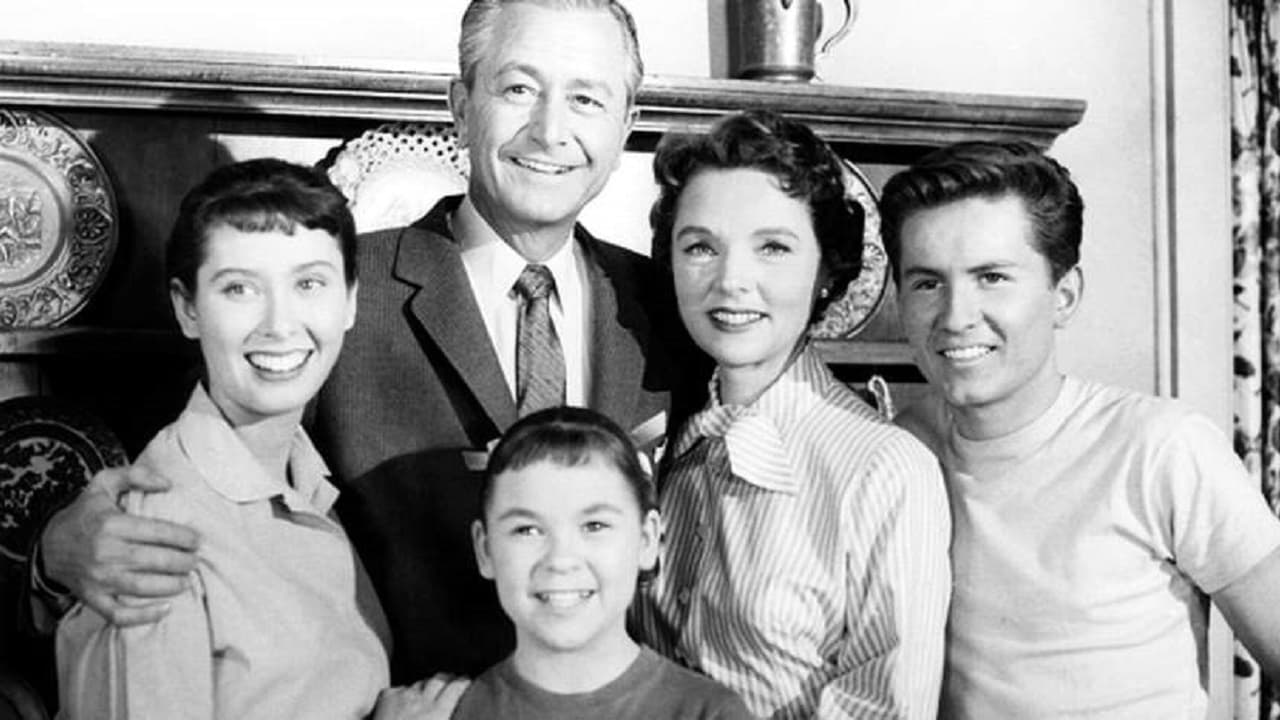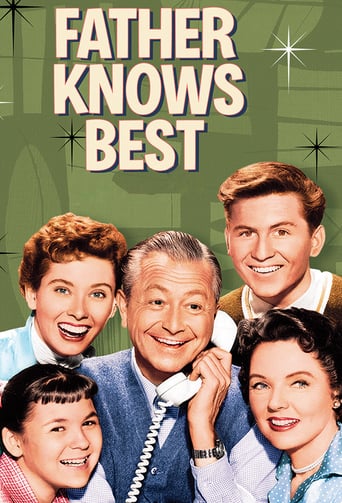

What makes it different from others?
... View Moreone of my absolute favorites!
... View MoreIt is a performances centric movie
... View MoreStory: It's very simple but honestly that is fine.
... View MoreThe best episodes of this comedy-drama series are still excellent and memorable. Why? Because unlike today's drivel, they deal with human emotions: guilt, honor, fear, shame, etc. One of my favorites involves delivery-boy Bud and his tough-minded newspaper boss; the ending could bring tears to the eyes of Mike Tyson. Another finds the family gathered around a radio listening to the life-and-death problems of a ship at sea. A third revolves around tennis-challenged Betty being chosen "queen" merely because of her appearance. There are many more great episodes.On the other hand, when the episodes weren't so good... well, sometimes they could be pretty sappy; hence, my 8 rating.
... View MoreI heard about this show, from the E! TRUE HOLLYWOOD STORY on Lauren "Kitten" Chapin who starred in FKB. In December 2001, they showed 2 episodes of FKB, and I have watched them both. After it was done, I was hooked right away. When 2002 came in the rumors started to spread that the people were begging either Nick at Nite or TV Land, to put the show on the air. Before father's day, they had a mini marathon on TV Land, and struggled to find a time slot and it's on during the week, and I only watch it on Saturday and Sunday. I really loved this show. I gave it 50,000 yellow balloons.
... View MoreI was born the year after this series began and remember it very very fondly. Unlike a program like Leave it to Beaver or even Ozzie and Harriet, this program was both more moralistic and more sentimental - the heartstrings were pulled every program. I watched three episodes the other night (although I was supposed to leave for a train) and was so thrilled by the warmth of it - the sentimentality, the pathos. This family had such an effect on me growing up - neither adult really lost his/her temper, small problems were treated with immense attention.I just LOVED it - and am sure any non-cynic would.
... View MoreIt's ironic that culture commentators today, including many teachers, who seem never to have seen a single episode of this series, will refer to it as a frightening illustration of fifties complacency, patriarchal dominance, and even racism. In fact many of the episodes explore issues of male egotism, parental arrogance, and conformist nastiness in an effective way. Of course, it all ends well because it is a comic drama about a tolerant and loving family with solid values (and Father was often the one who had to be reminded of this). Robert Young in frustration complained that it was never meant to be a sermon or sociology lesson -- but this carefully written and popular series was bound to tell us something about our values, and despite current malcontents, the values illustrated by Father Knows Best were generally very good.
... View More